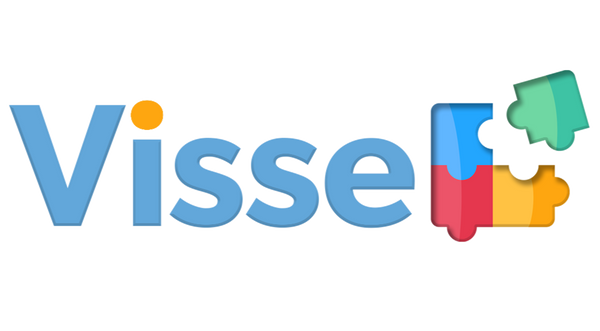
In today's fast-paced world, hustle culture has gained immense popularity, celebrating the idea of relentless work, productivity, and achievement. However, for individuals with Attention Deficit Hyperactivity Disorder (ADHD), this culture can create a complex and often detrimental environment. ADHD is a neurodevelopmental disorder characterized by difficulties with attention, hyperactivity, and impulsivity. In this article, we'll delve into why ADHD and hustle culture don't mix well, exploring the unique challenges that individuals with ADHD face when trying to navigate this demanding lifestyle.

The Allure of Hustle Culture
Hustle culture, often glorified in social media and business circles, encourages people to constantly push their limits, work long hours, and prioritize career success above all else. It romanticizes the idea of burning the midnight oil, sacrificing sleep, and grinding non-stop to achieve personal and professional goals. While this mentality might work for some, it can be counterproductive and even harmful for those with ADHD.

ADHD's Impact on Work and Productivity
People with ADHD often experience difficulties with focus, organization, and time management. These challenges can lead to procrastination, forgetfulness, and a constant struggle to meet deadlines. While hustle culture applauds multitasking and rapid task-switching, individuals with ADHD can find it nearly impossible to juggle multiple tasks simultaneously. This can lead to feelings of frustration, inadequacy, and increased stress, which are exacerbated by the pressure to conform to hustle culture's demands.

The Stress-ADHD Cycle
Hustle culture's demand for constant high performance can create a vicious cycle for individuals with ADHD. The more they try to keep up with the hustle, the higher their stress levels become. This heightened stress can exacerbate ADHD symptoms, making it even harder to concentrate, plan, and execute tasks effectively. As a result, their performance may suffer, leading to further stress and self-doubt. This cycle can have serious consequences for their mental health and overall well-being.

The Importance of Accommodations and Self-Care
Rather than forcing individuals with ADHD to fit into the hustle culture mold, it's essential to recognize their unique needs and challenges. Accommodations such as flexible work hours, structured routines, and clear task lists can help them navigate their responsibilities more effectively. Moreover, self-care practices such as regular exercise, proper sleep, and mindfulness techniques can significantly improve their ability to manage ADHD symptoms and reduce stress.

Redefining Success
Hustle culture often measures success solely in terms of external accomplishments, such as promotions, wealth, and status. However, for individuals with ADHD, success may manifest differently. It could mean finding a work environment that values their strengths, embracing a more balanced lifestyle, and focusing on personal growth and well-being rather than conforming to society's unrealistic expectations.

Shifting the Culture
In order to create a more inclusive and supportive work culture, it's crucial to shift away from the hustle mentality and embrace a more holistic approach. This involves valuing diversity in work styles, promoting work-life balance, and fostering an environment that prioritizes mental health and well-being. By recognizing the unique contributions of individuals with ADHD and providing them with the necessary resources, we can create a more compassionate and productive workplace for everyone.
Conclusion
While hustle culture may seem enticing, its demands often clash with the needs and challenges of individuals with ADHD. It's time to acknowledge that success isn't a one-size-fits-all concept and that accommodating different working styles and neurodiverse perspectives can lead to greater innovation and well-being. By fostering a culture that supports and values everyone, regardless of their cognitive differences, we can create a more equitable and thriving society for all.



